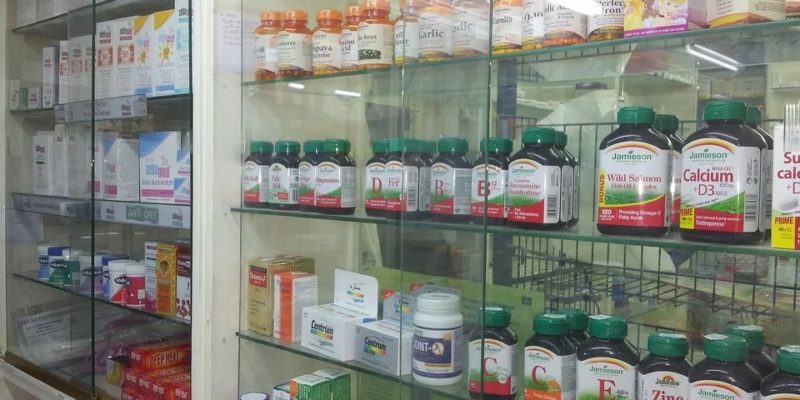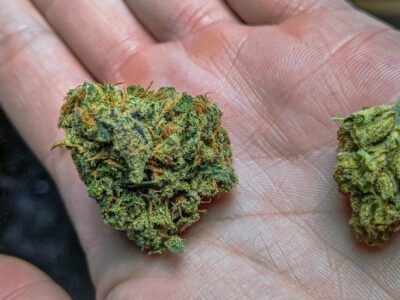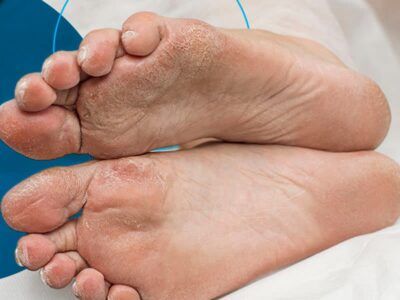Visitors of the sports club, in order to achieve the desired result faster – a strong, slender, muscular body – not only play sports but also often use various food supplements and other preparations. It seems natural when something is additionally consumed by professional athletes whose goal is sports achievements. No one is surprised that a variety of preparations are taken by men who want to “grow” as many muscles as possible. But do you need food supplements for the average gym visitor who comes here for an hour a couple of times a week?
Choose wisely
Dane Urcue, a nutrition specialist at the Lithuanian Olympic Sports Center, states that food supplements are given to candidates for the United Olympic team very thoughtfully and only in coordination with sports medicine doctors. What and how much an athlete will consume depends on the sport, the nature and duration of the physical activity, and the training regime. The most skilled athletes train 6 times a week for 4-5 hours a day. In order to optimally meet the physiological needs of their body for nutrients and biologically active substances, food supplements and special foods for athletes must be combined with the normal diet of athletes.
“I want to warn you that even the best dietary supplement cannot replace a rational and balanced diet. Sometimes athletes feel that by taking dietary supplements and special foods for athletes, they may no longer have to worry about getting all the nutrients they need with food. This is definitely not the case, says Dane Urcue. – In addition, the human body is a complex and sensitive system that is affected by an excess of certain substances no less than a deficiency. So athletes should consult with nutritionists or at least read special, serious literature before taking dietary supplements to help them reach a certain physical shape. Only after assessing your physical activity, diet, the composition of the supplement, and the possible effects of the substances in it make a decision about which food supplement you need and whether you need it at all. ”
Stephan Jones, Vice-Rector for Infrastructure Development and Sports Affairs of the Lithuanian Academy of Physical Education, says that during his long practice he has encountered many cases when athletes have painfully learned to use food supplements of unknown origin.
“If the supplement is sold legally if the manufacturer is reliable if the preparation is used according to the instructions if the person is healthy, then there should be no side effects,” he says. – But there is one sensitive problem – not all manufacturers indicate on the labels what is actually in the food supplement. This is especially true of supplements designed to reduce overweight. For example, a few years ago, dietary supplements containing ephedrine were banned in many countries. That’s why I don’t recommend buying products from vague manufacturers and vague suppliers. ” On the other hand in the market, you can look for legal alternatives.
According to Stephan Jones, almost all professional athletes use some food supplements. Without them, good results would be difficult to achieve. But whether it is really necessary for amateur sportsmen, he doubts. Especially when supplements are used at best in consultation with a pharmacist or gym coach, who usually do not have the necessary data on the client’s diet. In addition, they are still interested in selling.
After training – protein cocktail If you visit a sports club, most likely the coach has already offered you to buy food supplements or at least drink a vitamin, protein, or otherwise called cocktail after training. Trusting him, we usually don’t even ask what the cocktail is from.
“First of all, we should use a carbohydrate-based cocktail after training, because the need for carbohydrates increases after exercise,” says Dane Urcue. – It is carbohydrates, not proteins, that help muscles recover after a workout.
After strenuous exercise, it takes about 20 hours to recover glycogen stores from a high-carbohydrate diet and even more from an irrational diet. Thus, active exercise requires 1 g of carbohydrates and only 0.25 g of protein per kilogram of body weight.
Secondly, it is always wise to find out what and how many nutrients and biologically active substances there are in the cocktail. ” An analysis of the actual nutritional results of athletes in recent years revealed that athletes’ diets lack carbohydrates, especially starch and other polysaccharides, amino acids isoleucine, methionine, arginine and tyrosine, omega-3 fatty acids, vitamins B1, A (retinol), acid, some minerals: potassium, magnesium, zinc. And here the total amount of protein and fat exceeds the recommended norms.
Assessing whether a particular person lacks any nutrients is a complex job that requires specific knowledge. It is unlikely that many ordinary sports club visitors bother to at least roughly estimate how much and what materials they get with daily food. So before buying a dietary supplement or any special food, it is worth wondering what it will give the body, whether it is really needed, and, most importantly, whether it is safe.













Comments